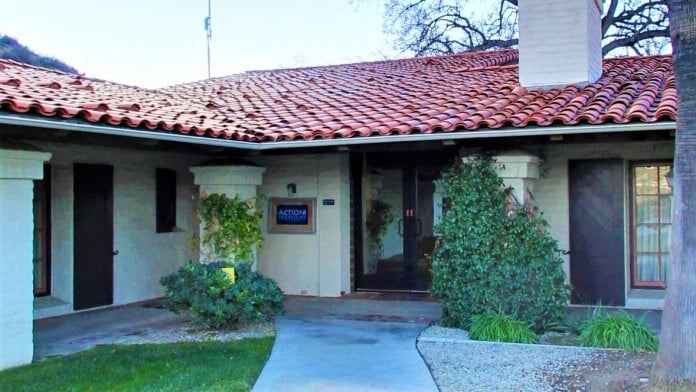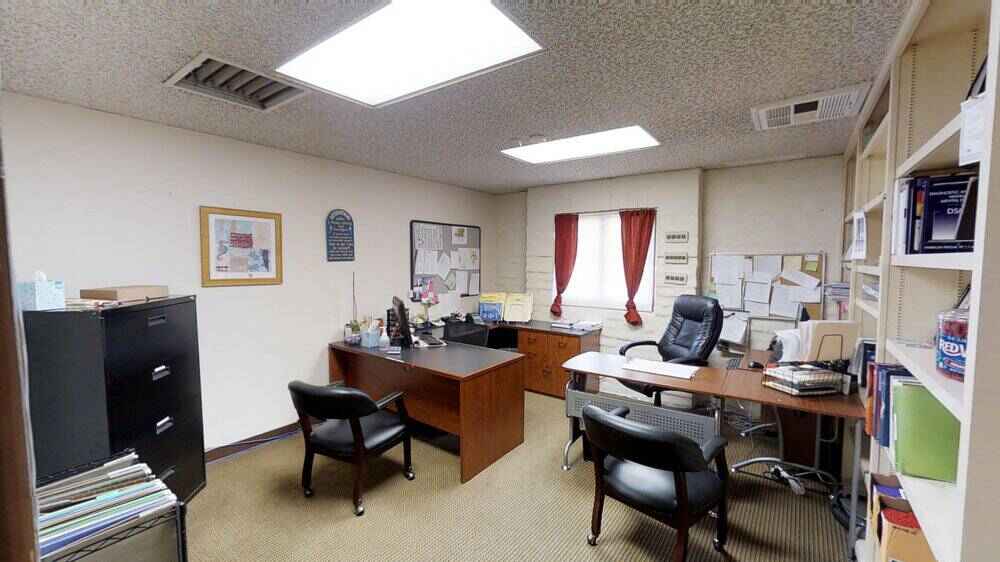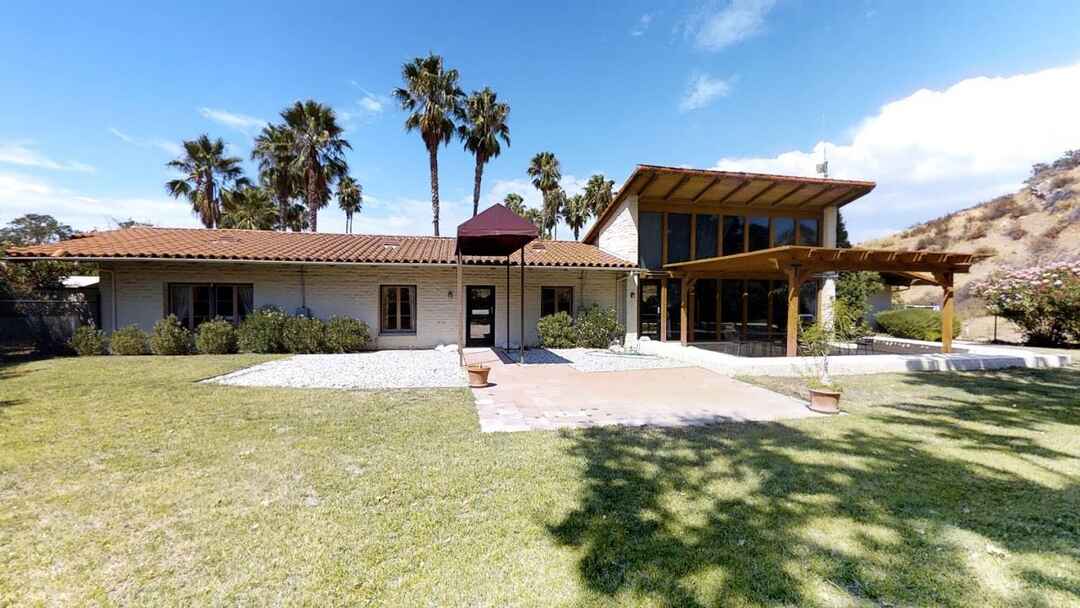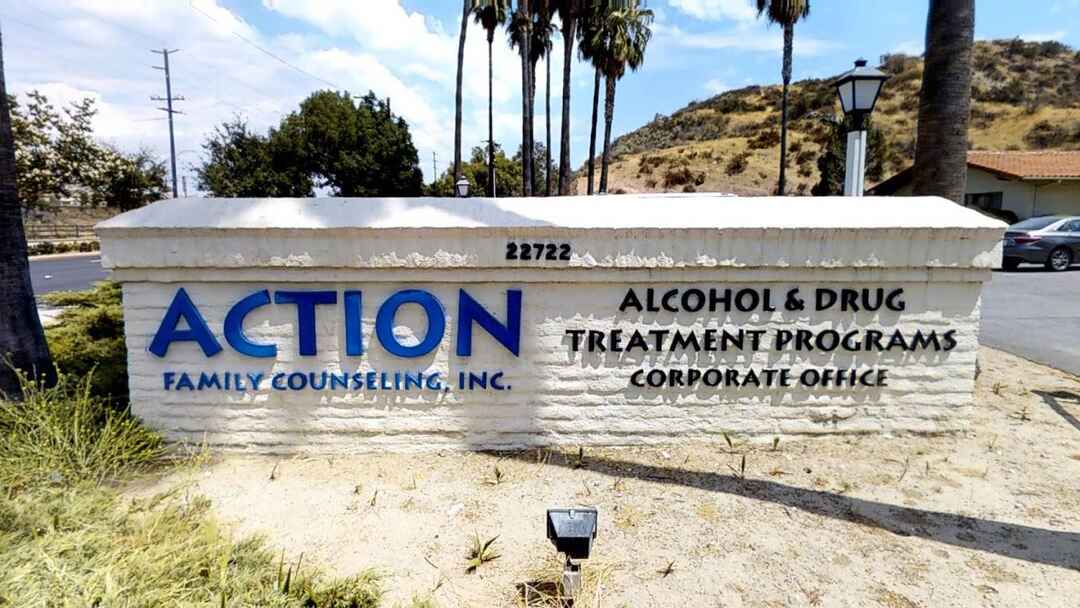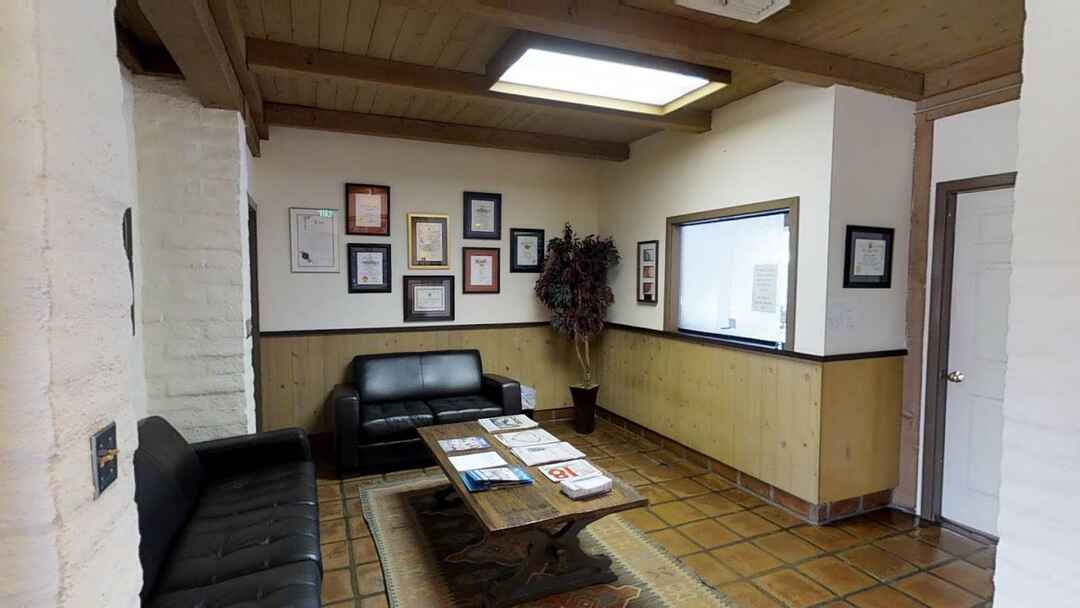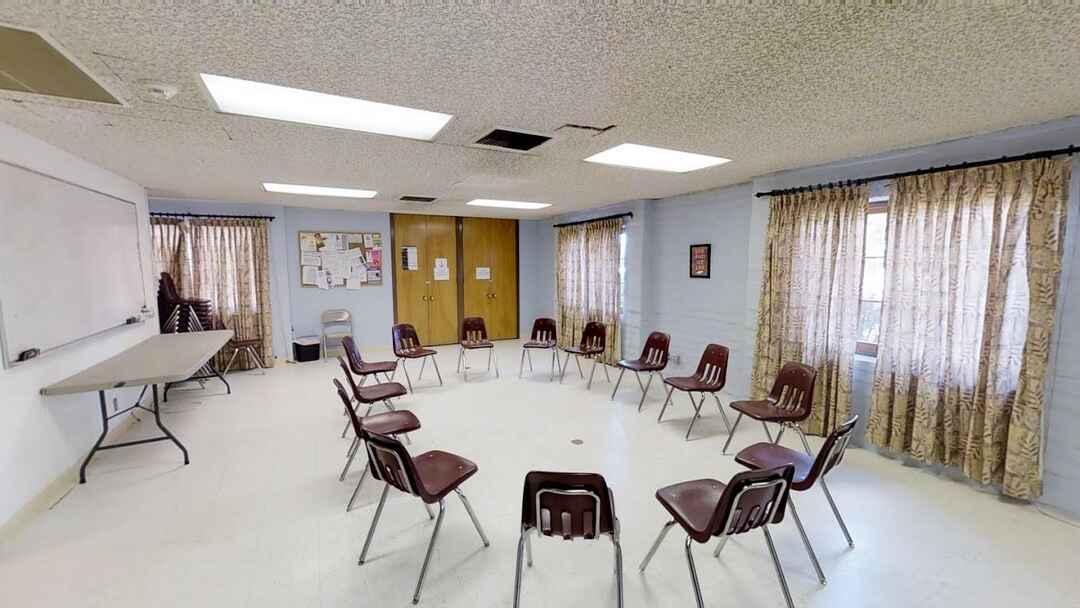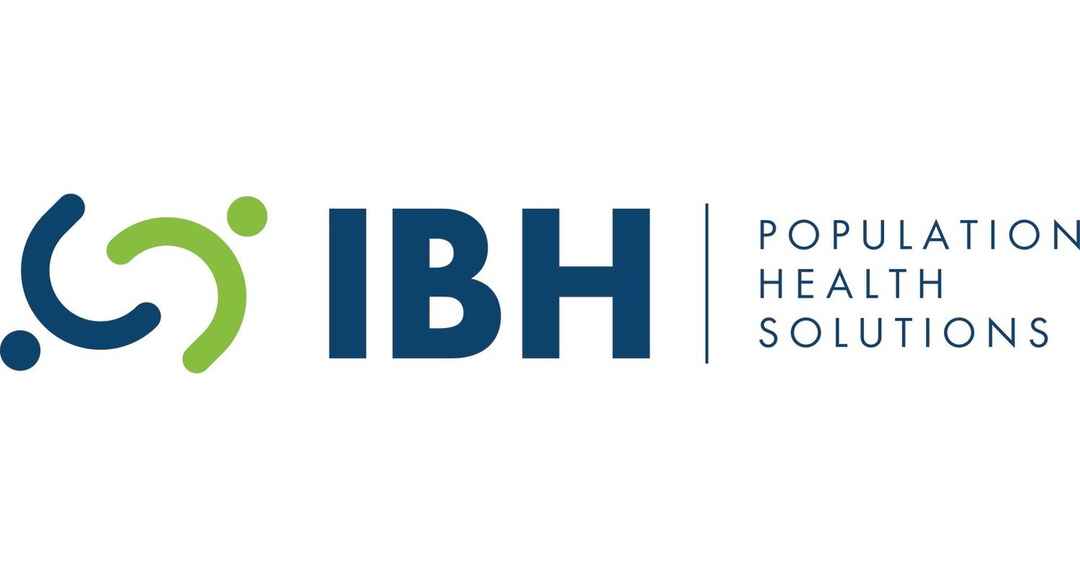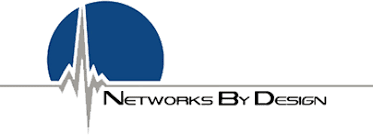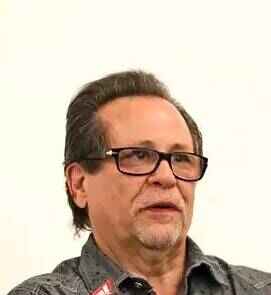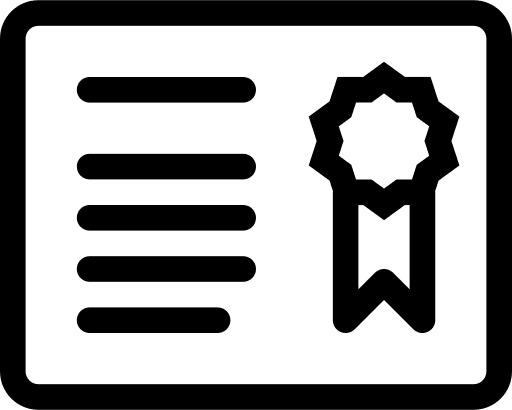About Action Drug Rehabs – Santa Clarita Outpatient Services – Santa Clarita
The Action Drug Rehabs facility in Santa Clarita, California is an alcohol and drug rehab treatment center for adults as well as adolescents aged 12-17. They provide residential care with optional medication assisted treatment, partial day treatment and intensive outpatient treatment for addictions and co-occurring mental health disorders. They are LGBTQ+ friendly.
Action Drug Rehabs’ residential treatment features a home-like setting, 24/7 supervision, drug testing, individualized treatment planning and evidence based counseling, which uses therapies such as cognitive behavioral therapy and motivational interviewing, in individual, group and family sessions. Psychoeducation classes, which often cover issues such as relapse prevention and dual diagnosis management, are also provided. Medication assisted withdrawal is available if needed.
Partial day treatment and intensive outpatient treatment at the Action Drugs Rehabs facility offers the same treatment modalities as used in the residential treatment program, without the need for overnight stays. Three 3-hour group sessions per week and one family session are provided, in separate adolescent and adult groups.
Action Drug Rehabs is in network with insurance companies such as Aetna, BlueCross/BlueShield of California, Humana, Beacon Health Options and Cigna. Out of network benefits may differ, so check with your provider to verify your insurance and network benefits.
